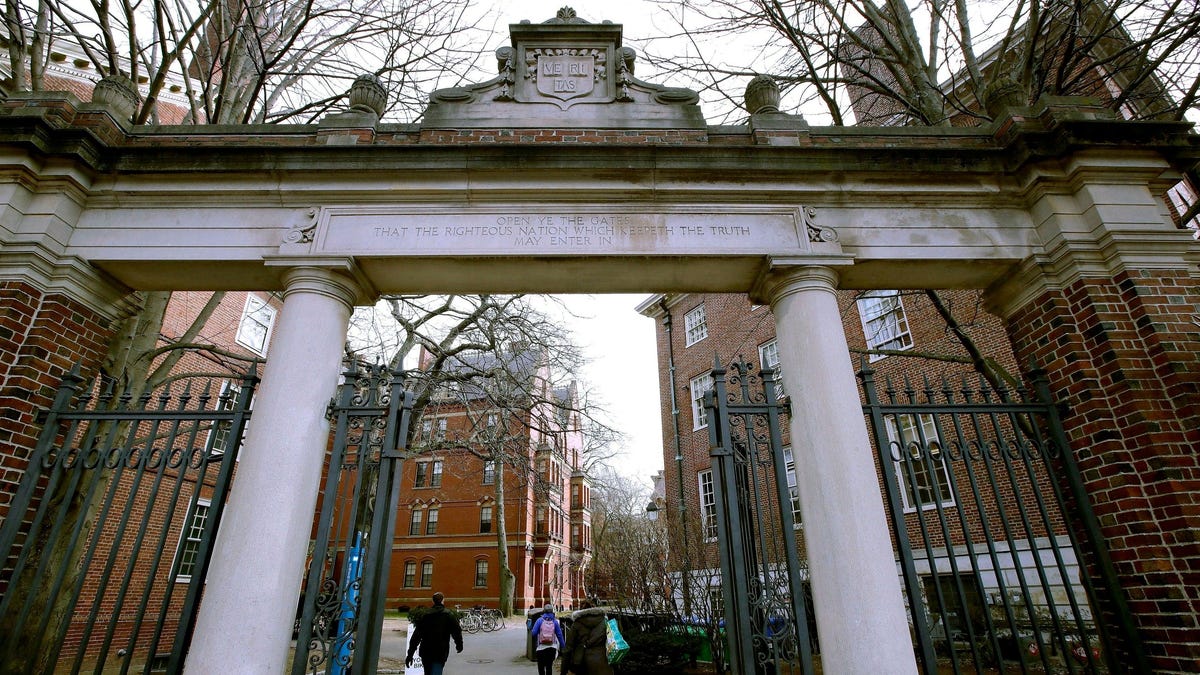HARVARD PROFESSOR UNDER SCRUTINY FOR POSSIBLE LOBBYING LINKS TO OIL AND GAS INDUSTRY
Jody Freeman, a professor of environmental law at Harvard University, has come under scrutiny for her affiliation with oil and gas company ConocoPhillips. Freeman sits on the company’s board and is paid over $350,000 a year for her services. Questions have been raised over her involvement in setting up meetings with the United States Securities and Exchange Commission for ConocoPhillips, with some alleging that she engaged in lobbying on behalf of the company.
Emails obtained via Freedom of Information Act requests reveal that Freeman corresponded with John Coates, the then-acting director of the SEC, in relation to a meeting with ConocoPhillips executives. This exchange allegedly took place whilst the SEC was preparing to propose rules on greenhouse gas reporting, a matter that ConocoPhillips executives may have wished to address with the regulator.
In the emails, Freeman referred to two ConocoPhillips executives as having knowledge of climate solutions and the ability to ‘solve problems.’ She also highlighted the company’s leadership in disclosing climate-related information. However, Freeman is alleged to have signed off as a Harvard law professor without disclosing her position on ConocoPhillips’ board, which has raised concerns over financial conflicts of interest.
Freeman denies that she was lobbying for the company, stating that Coates knew of her affiliation with ConocoPhillips and reached out to ask for a meeting. She has asserted that she is compliant with Harvard’s policy on conflicts of interest. Freeman’s involvement with ConocoPhillips has raised increasing attention recently, as the divestment movement gains traction on U.S. campuses.
ConocoPhillips’ involvement in the controversial Willow Project, an oil and gas scheme in Alaska approved by the Biden administration in March, has increased scrutiny of the company. Student and alumni group Divest Harvard has called for Freeman to step down from her position at the company, accusing it of disregarding climate degradation concerns. Divest Harvard previously pressured the university to ‘phase out’ investments in fossil fuels.
Freeman’s involvement in a Harvard-funded research project on corporate net-zero targets has also raised concerns over conflicts of interest, with some faculty members calling for greater transparency.
Whilst Freeman’s case may not be unusual for high-profile academics, it highlights concerns over the influence of fossil fuel money in academic and government networks. As the climate crisis continues to escalate, the question remains whether such affiliations are acceptable or should be scrutinized further.

